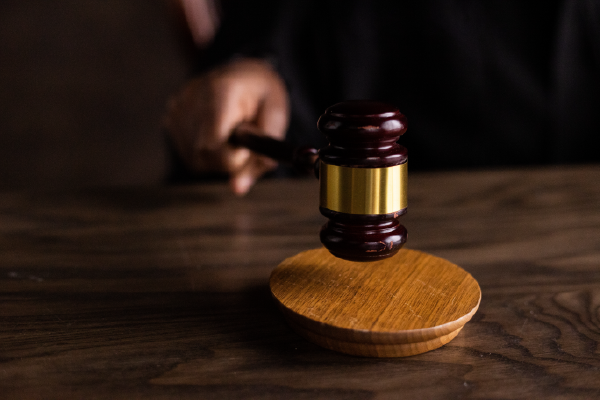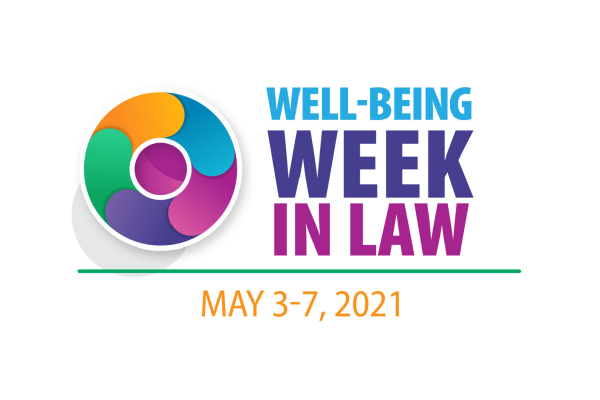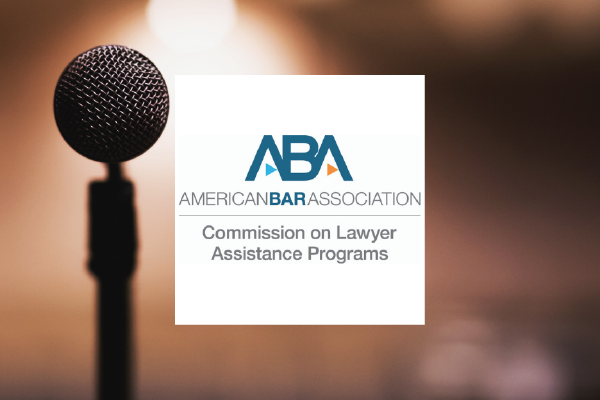The National Judicial Stress and Resiliency Survey published on Dec. 23, 2020 indicates job-related stress is a serious health concern among judges across the US.
Stress and Resiliency in the US Judiciary, a comprehensive report published in the 2020 Journal of The Professional Lawyer on Dec. 23, 2020, surveyed more than 1,000 judges across the US, showing one-third or more report fatigue and low energy, sleep disturbance or disturbed attention and concentration. The report was written by David Swenson, Ph.D. L.P., Joan Bibelhausen, J.D., Bree Buchanan, M.S.F, J.D., Hon. David Shaheed & Katheryn Yetter, J.D. The survey was designed by the American Bar Association Commission on Lawyer Assistance Programs (CoLAP), asking judges to rate their sources of stress, effects of stress, stress management and resiliency, and alcohol use under such categories as workload, safety and security, interpersonal stress, trauma exposure, staffing issues, ethical concerns and court procedures. The survey was conducted prior to the impactful effects of Covid-19.
This is groundbreaking national research, as noted by ABA President Patricia Lee Refo in an article from the ABA, which continues:
The report, Stress and Resiliency in the U.S. Judiciary, is considered the most comprehensive review of well-being of its kind for the judicial ranks and builds on an ABA 2016 study of lawyer well-being and a separate law student well-being study that same year.
Specifically, nearly four of 10 judges reported that their chief stressor stemmed from fatigue and low energy. Also, the survey found that one in five judges met at least one criteria for depressive disorder, such as not having initiative, preoccupation with negative thoughts, work is no longer meaningful, can’t wait for the day’s work to end and depressed mood.
“Judges sit at the pinnacle of the justice system and their own personal needs are often their last concern,” CoLAP Chair Tish Vincent said. “This national study of judges’ experience of stress and their methods to cope casts light on judicial well-being and outlines methods to bolster resiliency.”
Read the full National Judicial Stress and Resiliency Survey Report here.
Free & Confidential Consultations:
Judges, lawyers, law students, in Massachusetts can discuss concerns with a licensed therapist, practice advisor, or both. Find more on scheduling here.




